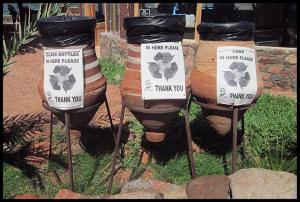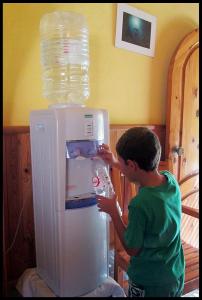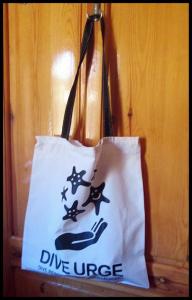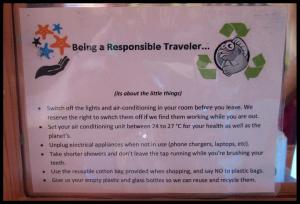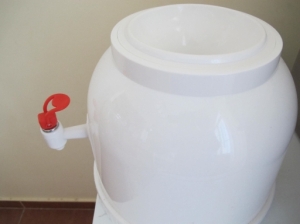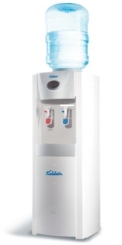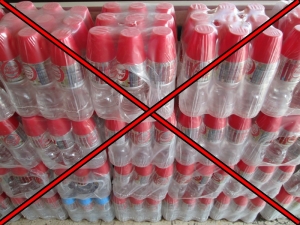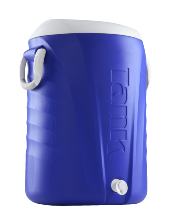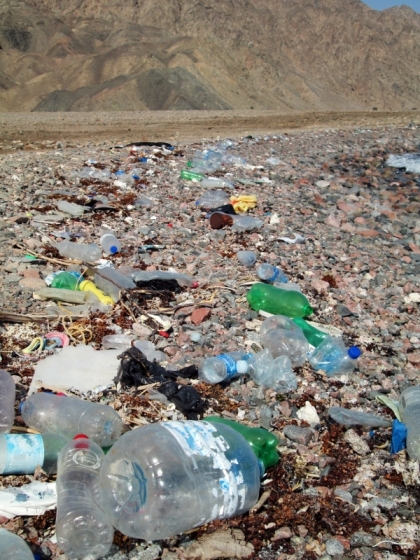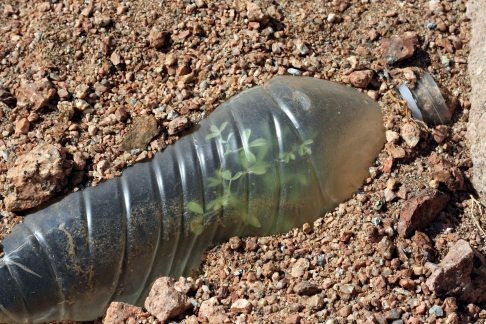 It’s been awhile since we’ve nominated a Dahab Defender, but that doesn’t mean that people aren’t out there doing some amazing things. Just that we here at Don’t Mess with Dahab have been a little busy with other projects. Now that summer is here, we hope to have more time to devote to this project. So let’s kick off this summer with our newest Dahab Defender: Dive Urge ~ Dive Resort, Hotel, and Restaurant!
It’s been awhile since we’ve nominated a Dahab Defender, but that doesn’t mean that people aren’t out there doing some amazing things. Just that we here at Don’t Mess with Dahab have been a little busy with other projects. Now that summer is here, we hope to have more time to devote to this project. So let’s kick off this summer with our newest Dahab Defender: Dive Urge ~ Dive Resort, Hotel, and Restaurant!
Last week, I had the chance to chat with the owners, English/Egyptian couple Lynne and Helal. We were joined by two of their three children. This is truly a family-run enterprise and each of them is a Dahab Defender in their own right. Together they have created a truly eco-friendly dive center. As Lynne and her son, Samah, gave me a tour of the compound, I was in awe of all the simple yet effective practices that they have put into place to care for the environment.
As Lynne explained, their logo, a hand cradling several starfish, sums up the philosophy that they have built their business on – caring for the sea and surrounding environment. When Dive Urge opened over 15 years ago, Lynne and Helal knew that they wanted to do things differently than other dive centers. The first decision they made was limiting the ratio of divers to guides to 4:1. (Most dive centers do 8:1.) This helps ensure that a guide is able to care for each guest and helps lessen the impact on the marine environment. But they didn’t stop there.
Waste Reduction and Management
Dive Urge sorts their trash – plastic, glass, and metal – for recycling. They provide bins both inside their compound and also along the boardwalk so that people walking by can also use them.
To cut down on the waste that needs recycling, there is a water dispenser in the central room that all guests pass through. Guests are provided with bottled water but are also strongly encouraged to refill these bottles from the dispenser.
Besides water bottles, guests are also provided reusable cotton bags for their personal use during their stay. They are encouraged to use these instead of accepting the plastic bags from the shops.
It’s not just the guests who use cotton bags! The staff at Food Urge, the restaurant, also bring reusable cotton bags with them with they go shopping for veggies. The restaurant also sorts their trash and any appropriate food waste is given to the family goats. Goats eat everything! 😉
Dive Urge also organizes desert safaris and mountain dinners. To reduce the waste produced on these excursions, they have ditched the disposable plastic cups and have switched to providing reusable cups and utensils. Not only is that a lot less trash, the reusable cups don’t get blown away in the wind. That’s important in our very breezy town!
Energy and Water Consumption
Tips for guests on how to be responsible travelers can be found in each room. Guests are encouraged to reduce their energy consumption by turning off the lights and air conditioning when no one is in the room. Management also reserves the right to switch off the A.C. if left on while guests are away. Guests are also encouraged to take short showers, unplug electrical devices that aren’t in use, and to set their air-conditioning to 24 – 27 °.
To further conserve resources, Dive Urge does not clean and launder the rooms every day. Guests must ask for cleaning services. This saves a lot of energy and water!
The rinse pool at the dive center has recently been made shallower, allowing them to use less water for each rinse. After the equipment has been rinsed, the water is used for the grass in the garden.
On top of all of this, Dive Urge also cleans the sea every time that they dive. The guides will always collect any trash that they can (without it interfering in their guests’ safety). Lynne and her family also clean litter from the beach and the streets on a nearly daily basis. What super role models for new divers and local residents!
Because of their dedication to the environment and the needs of local people, you can now find Dive Urge on ResponsibleTravel.com, an excellent website focused on small holiday companies that give something back to their communities.
It is obvious that Dive Urge does an outstanding job protecting our local environment and teaching others to do the same. Please, if you pass by the dive center, stop in and tell them what a great job they are doing! Share their story with other owners or managers you may know. It might just be the inspiration and ideas that others are looking for.
A very big THANK YOU to Lynne and Helal for all their hard work and dedication!!

